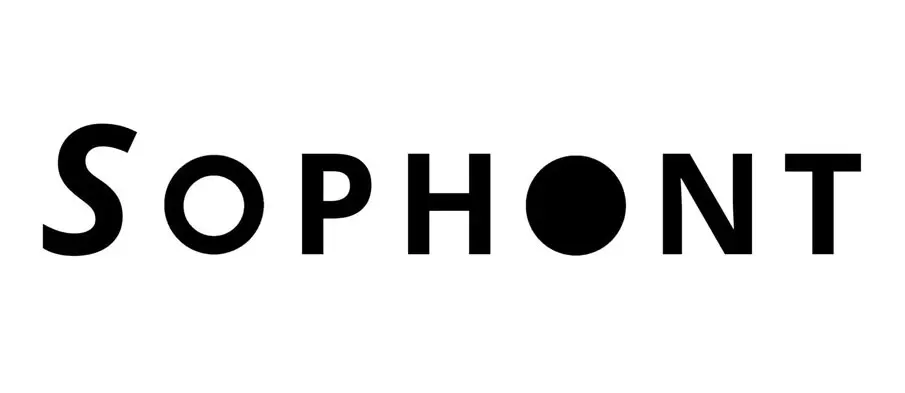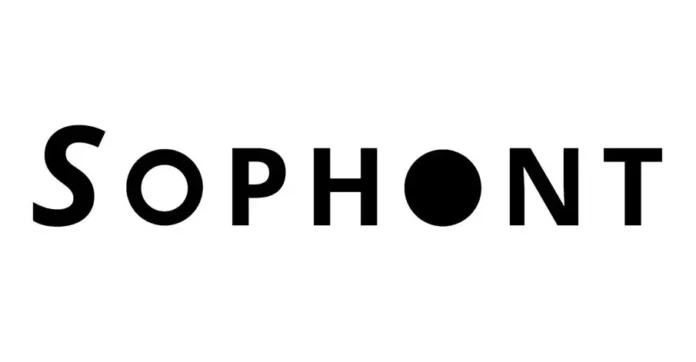
Sophont, the healthcare AI startup founded by 22-year-old prodigy Tanishq Abraham, has raised $9.22 million in seed funding to solve one of medicine’s toughest challenges — fragmented data in diagnosis. The round, led by Kindred Ventures, is among the largest seed raises in the healthcare AI space and signals strong investor confidence in the company’s ambitious vision.
Traditional AI systems in healthcare typically process only one data type at a time, whether it be radiology scans, pathology slides, or physician notes. Sophont is taking a radically different approach by building a multi-modal AI platform that integrates all streams of medical information into a single, unified system. By eliminating silos, the company aims to deliver sharper diagnostic accuracy, streamline decision-making, and empower hospitals, pharmaceutical firms, and healthtech players with a more holistic view of patient data.
Tanishq Abraham’s story adds to the momentum behind Sophont. A child prodigy who became the youngest biomedical engineer at 14 and earned his PhD by 19, Abraham has already contributed significantly to the AI landscape. He co-created DALL·E Mini, founded MedARC, and worked on pioneering research projects such as generating chest X-rays from text and reconstructing brain images from neural signals. His deep-tech background positions him uniquely to lead innovation at the intersection of medicine and artificial intelligence.
With the new funding, Sophont plans to scale its team, accelerate research and development, and roll out pilot programs with healthcare providers. The company envisions transforming how medical data is understood and applied in clinical settings, ensuring that diagnostic insights are not only faster but also more reliable and comprehensive.
In an industry where incomplete information often leads to misdiagnoses and inefficiencies, Sophont’s platform could bridge a critical gap. By unifying diverse medical data streams, the startup hopes to close what Abraham calls medicine’s “biggest blind spot” and bring healthcare closer to true precision diagnostics.





